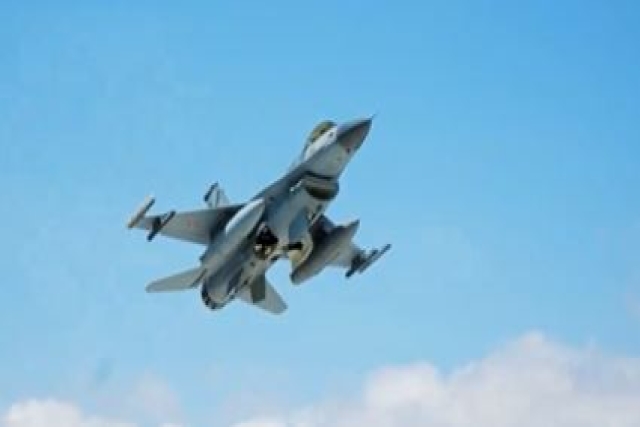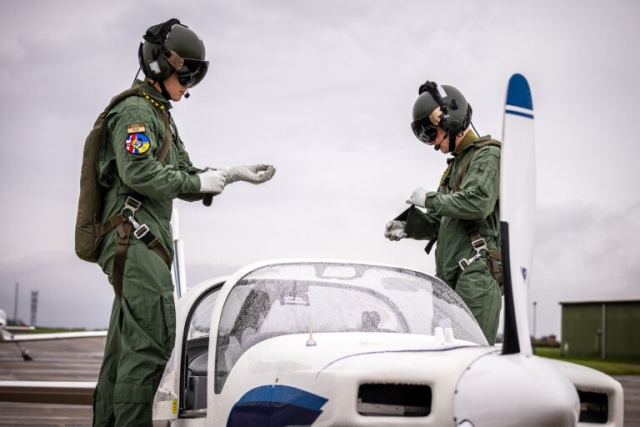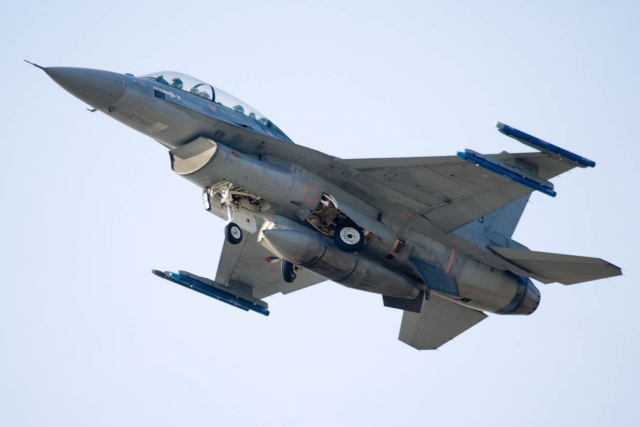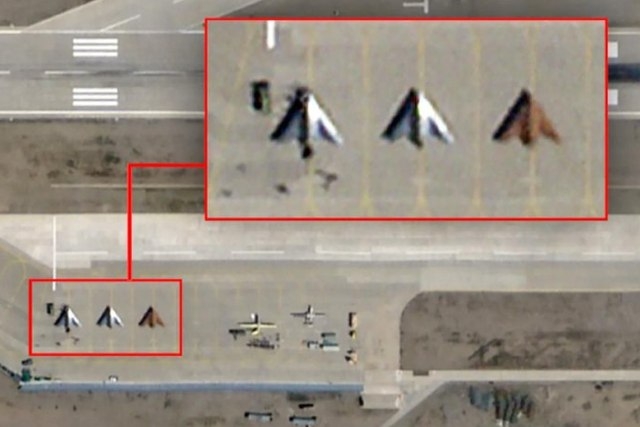U.S. F-16s to be Modified for Autonomous Flight
VENOM-AFT is designed to accelerate testing of autonomy software on crewed and uncrewed aircraft
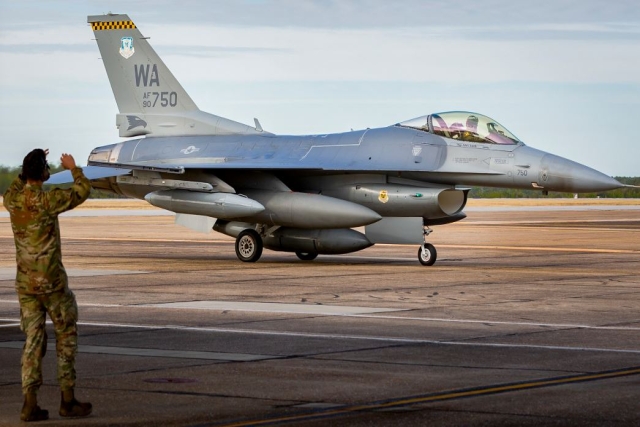
The initial trio of F-16 Fighting Falcons for the Viper Experimentation and Next-gen Operations Model – Autonomy Flying Testbed (VENOM-AFT) program have landed at the U.S. Air Force's 96th Test Wing and 53rd Wing.
VENOM-AFT is designed and funded to accelerate testing of autonomy software on crewed and uncrewed aircraft. VENOM-AFT complements the Autonomy Data and AI Experimentation proving ground at Eglin and informs the Collaborative Combat Aircraft program and other autonomy developers.
The next step in the VENOM program involves modifying the F-16 Fighting Falcon aircraft into test platforms to facilitate the rapid evaluation of autonomous capabilities. Testing will be conducted by the 40th Flight Test Squadron and the 85th Test and Evaluation Squadron at Eglin Air Force Base. Pilots will remain in the cockpit during testing to monitor autonomy systems and ensure that flight and mission systems test objectives are met.
“It’s important to understand the ‘human-on-the-loop’ aspect of this type of testing, meaning that a pilot will be involved in the autonomy in real time and maintain the ability to start and stop specific algorithms,” said Lt. Col. Joe Gagnon, 85th TES commander. “There will never be a time where the VENOM aircraft will solely ‘fly by itself’ without a human component.”
Operators will provide feedback to autonomy developers during modeling, simulation, and post-flight analysis to improve system performance over time. The goal of the VENOM program is to enable the Air Force to rapidly iterate and expand the body of knowledge for potential autonomy and payload solutions.
VENOM, introduced last year with an initial budget of nearly $50 million, aims to advance autonomous capabilities. In the 2025 budget, funding has been reduced to just under $17 million, as part of ongoing efforts alongside programs like Skyborg and X-62 VISTA. Its goal is to accelerate the development of Collaborative Combat Aircraft (CCA), integrating unmanned drones with manned platforms, with plans to deploy at least 1,000 CCAs by 2028. These systems are crucial for the Air Force's Next Generation Air Dominance strategy, with significant investment allocated for fiscal 2025-29. VENOM is part of Eglin's Autonomy, Data, and AI Experimentation (ADAx) project, aiming to push autonomous capabilities further, similar to the recent successful autonomous flight of the Osprey MK III unmanned aerial system.

